
A Russian carries a child at a railway station where a train carrying people evacuated from eastern Ukraine arrived in Volzhsky, Russia, on Sunday. [DMITRY ROGULIN/TASS]
Door to issue's peaceful resolution has not fully closed, spokeswoman says
China accused the United States on Wednesday of fueling tensions and creating panic on the Ukraine issue, and urged all parties concerned to be responsible and work for peace.
"It is irresponsible to add fuel to the flames on the one hand while blaming those who fight the fire on the other hand," Foreign Ministry spokeswoman Hua Chunying said at a daily news briefing.
Unlike the U.S., which keeps sending weapons to Ukraine, China believes the door to a peaceful resolution of the Ukraine issue has not fully closed, and it will continue to promote peace talks in its own way, Hua said.
"We welcome and encourage all efforts that are committed to diplomatic resolution," she said.
The spokeswoman said that those who accused China of contradicting its stance on respecting national sovereignty and territorial integrity were "either driven by ulterior motives or deliberately distorting or misinterpreting China".
"The Ukraine issue has its complex historical background, and its involvement until now is the result of the interplay among different and complex factors," Hua said.
It is important to understand the whole story behind the Ukraine issue in order to find a rational and peaceful resolution and appropriately solve related parties' reasonable security concerns on the basis of equality and mutual respect, she said.
"When the U.S., in violation of its agreement with Russia, expanded the North Atlantic Treaty Organization eastward five times to the doorstep of Russia and deployed a large amount of offensive military weapons, have they ever considered the consequences of cornering a major power to a desperate situation?" she asked.
The principle of indivisible security, which broadly states that the security of any state is inseparable from others in its region, has been written into several documents that Russia has signed with the U.S., including the Helsinki Final Act.
But the U.S. obviously didn't abide by its commitments, Hua said, adding that the U.S. has not responded to Russia's security guarantee proposals.
"China believes that no country or bloc should seek the so-called maximization of their security interests, as security should be common, cooperative and sustainable, and Russia's security concerns should be valued and resolved," she said.
On Tuesday, the U.S. and its European allies announced an array of sanctions against Russia, with measures included blacklisting two major banks and halting the Nord Stream 2 natural gas pipeline.
Hua said that China never thinks sanctions are the best way to solve problems and opposes any illegal unilateral sanction.
Statistics from the U.S. Treasury Department showed that the previous U.S. administration issued about 3,800 new sanctions. Since 2011, the U.S. has imposed more than 100 sanctions on Russia.
"But did the U.S. sanctions solve any problem? Does the world become better because of the U.S. sanctions? Will the Ukraine issue be naturally resolved thanks to U.S. sanctions? Will European security be better guaranteed with the U.S. sanctions against Russia?" Hua asked.
Noting that the illegal unilateral sanctions issued by the U.S. already caused severe difficulties to relevant countries' economies and livelihood, Hua said that the U.S. should not undermine the legitimate rights and interests of China and other parties when dealing with the Ukraine issue and U.S. relations with Russia.
Ruan Zongze, executive vice-president of the China Institute of International Studies, said that the U.S. is provoking tensions and adding risks to the Ukraine issue by providing offensive weapons such as antitank missiles to Ukraine.
"The U.S. is not de-escalating the situation as it said. As long as the Ukraine crisis continues, the U.S. can keep high pressure on Russia while maintaining control of its European allies through NATO," Ruan said.








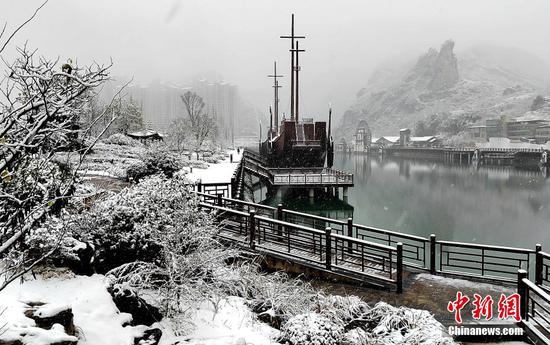
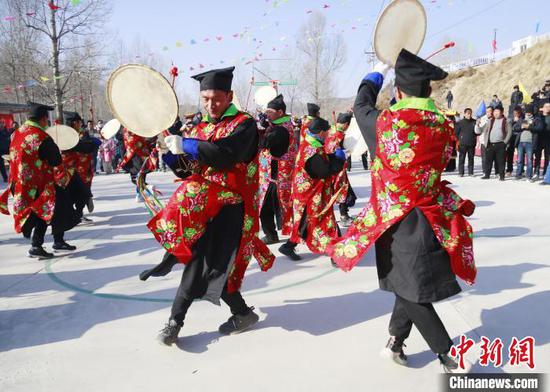
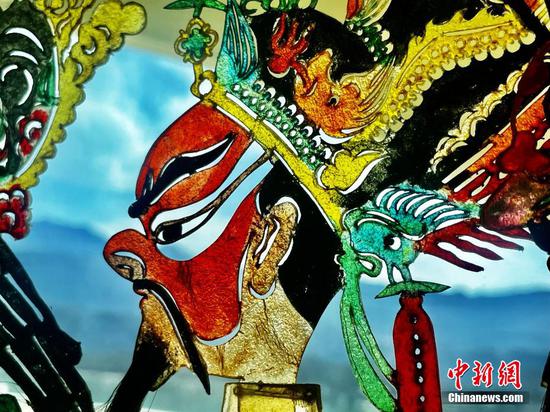

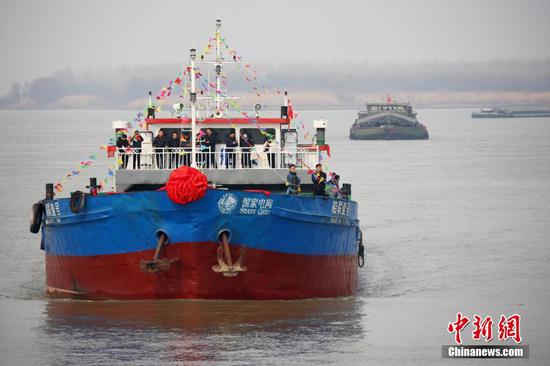
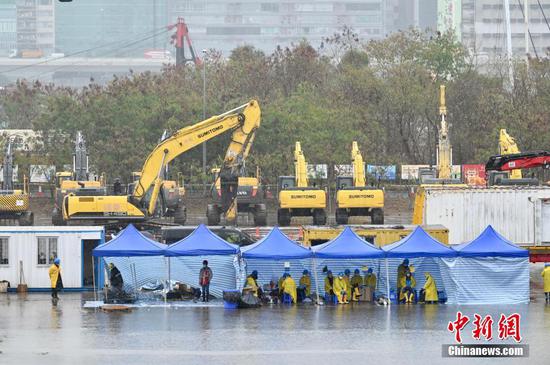
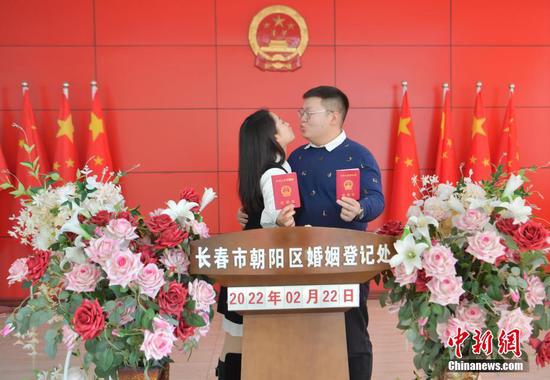


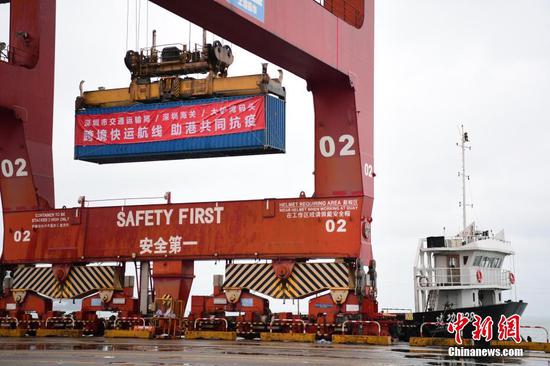



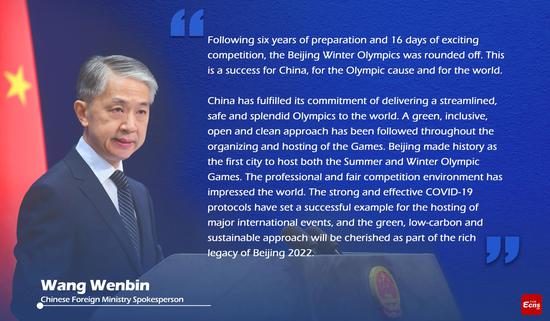

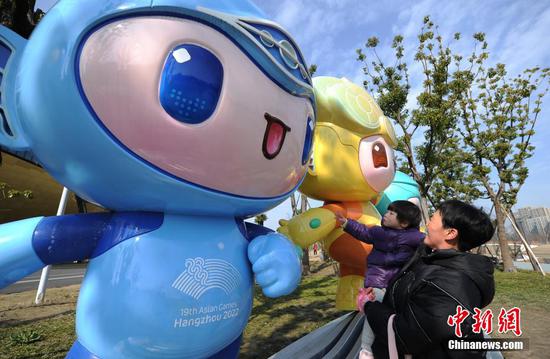
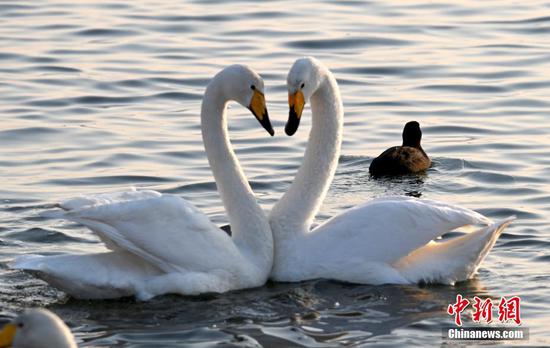


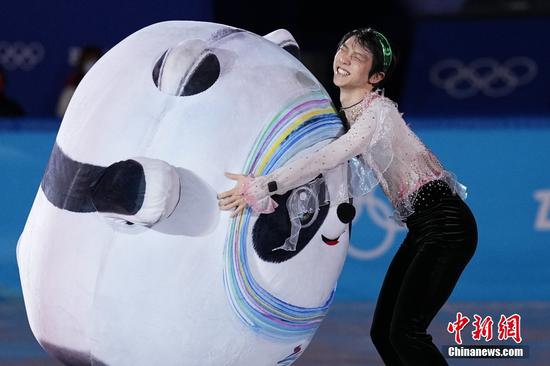




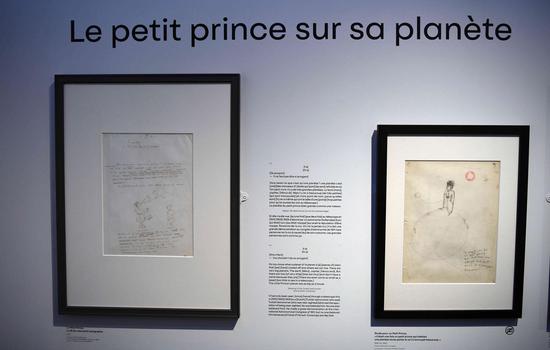

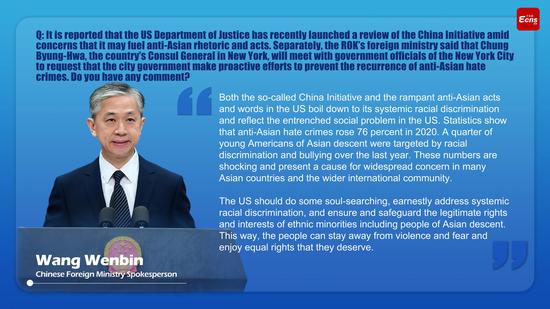


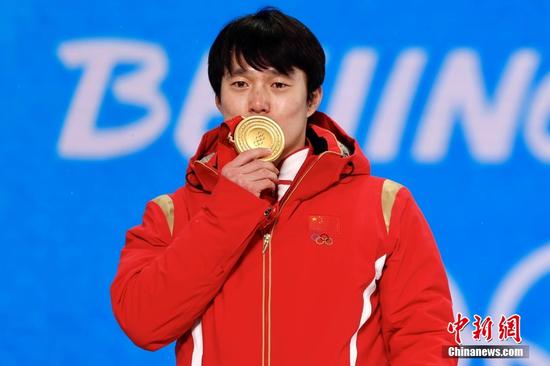
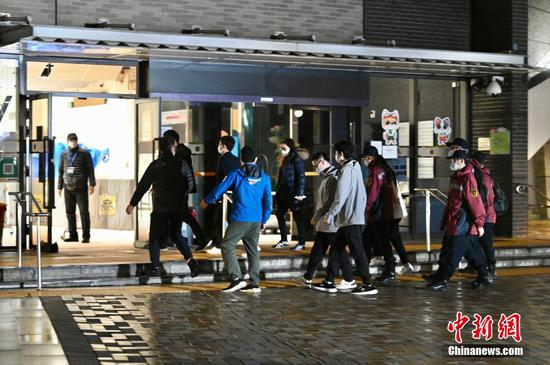

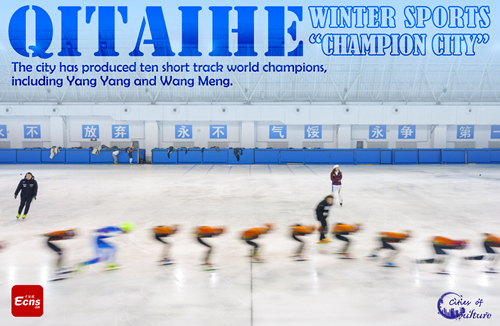

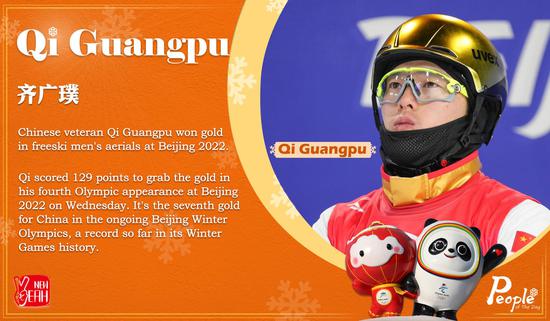
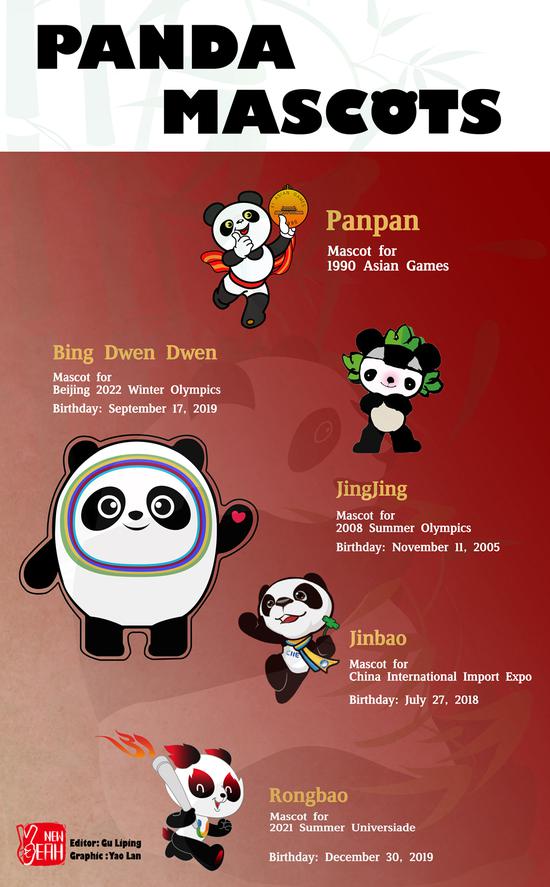






 京公网安备 11010202009201号
京公网安备 11010202009201号